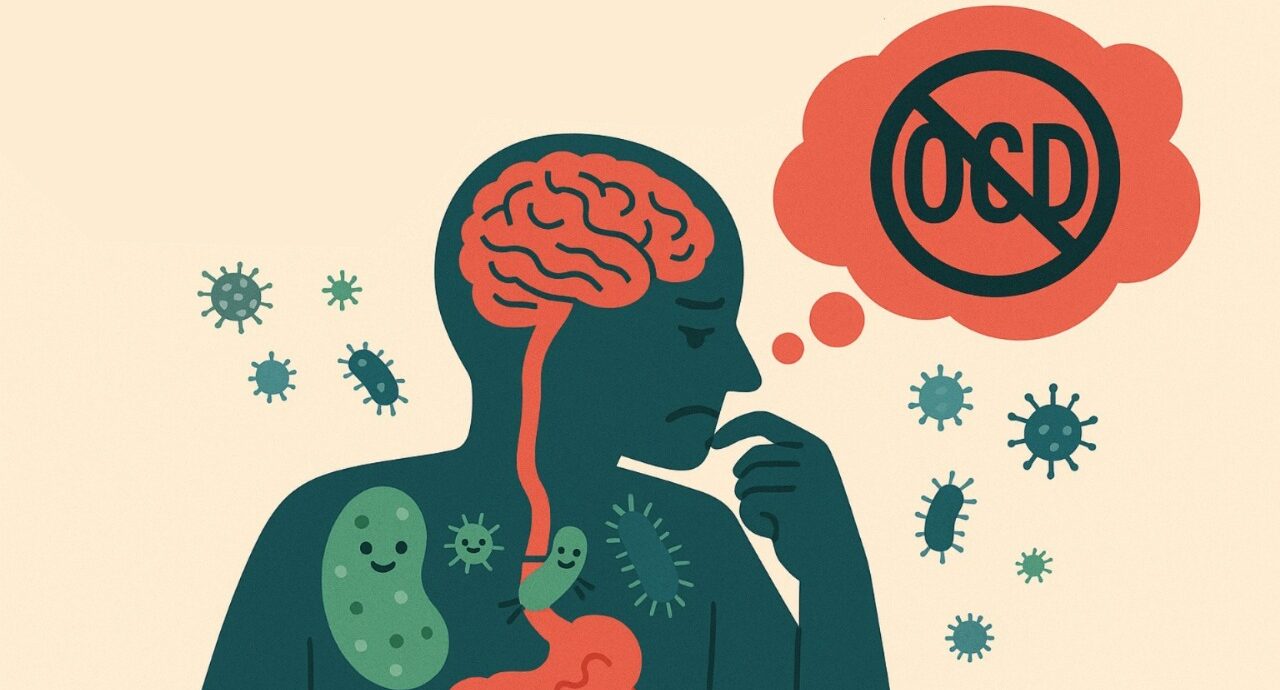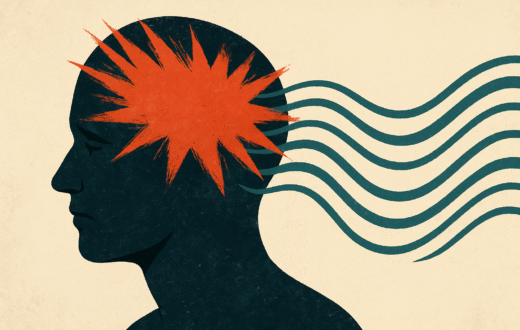Do Gut Bacteria Play a Role in OCD?

Obsessive-compulsive disorder (OCD) is marked by distressing, intrusive thoughts and repetitive behaviors that can severely disrupt daily life. It often begins during adolescence and is linked to heightened anxiety and stress.
The gut-brain axis proposes a fascinating link between the trillions of microbes residing in our digestive system and mental health conditions like OCD. An imbalance in gut bacteria may negatively influence mood and potentially intensify OCD symptoms.
Since 2010, studies led by researchers such as Jane Foster, Karen-Anne McVey Neufeld, Gerard Clark, Ted Dinan, and John Cryan have highlighted a connection between gut microbiota and stress-related disorders, including OCD. However, most findings so far demonstrate a correlation rather than a clear cause-and-effect relationship, making it difficult to determine whether gut issues lead to OCD or if OCD affects the gut — a problem known as reverse causality.
A recent study from Chongqing Medical University in China, conducted by Mingjie He, Jingfu Qiu, and colleagues, seeks to establish a causal link using a method called Mendelian Randomization (MR). MR involves identifying genes associated with a condition — in this case, 88 genes linked to OCD — and examining how these genes relate to specific gut bacteria. Since our genes are fixed from birth and cannot be influenced by our gut or brain, MR can help rule out reverse causality.
Their findings revealed two categories of gut bacteria: one set appeared protective against OCD, while another seemed to worsen it. Specifically, Ruminococcus and Bilophila were associated with lower OCD risk, whereas Bacillales, Eubacterium ruminantium, and Lachnospiraceae were linked to increased risk.
This research suggests a potential causal relationship between certain gut microbes and OCD, raising the possibility that dietary interventions could play a role in prevention or treatment.
However, caution is needed. Because MR relies on genes connected to OCD, some of the observed effects could stem from genetics alone, independent of gut microbes. Additionally, the precise impact size of these microbes on OCD remains unclear, and other contributing factors likely exist.
Current OCD treatments involve psychotherapy and antidepressants, which can be effective but are not universally successful. Could dietary strategies that support healthy gut bacteria offer another option? Bilophila’s protective role suggests a link: this microbe thrives on bile, a substance produced to digest dietary fats. Individuals with OCD who avoid fatty foods, like meat, may have lower Bilophila levels — yet fats, particularly omega-3s, are crucial for brain health. Omega-3 fats can be found in fish such as salmon and sardines or in plant sources like walnuts, flaxseeds, and chia seeds for those who prefer plant-based diets.
Furthermore, boosting fiber intake can nourish beneficial gut bacteria, leading them to produce compounds like butyrate that reduce inflammation and support brain health. Fermented foods like yogurt, kimchi, sauerkraut, and kombucha also promote a healthier gut environment. Nonetheless, comprehensive studies on dietary approaches specifically targeting OCD remain limited.
Given the multifaceted nature of OCD, improving gut health by adopting a diet rich in fiber, healthy fats, and fermented foods, such as the Mediterranean diet, could be a worthwhile addition to conventional treatments. Always consult with a healthcare professional before making significant dietary changes.





